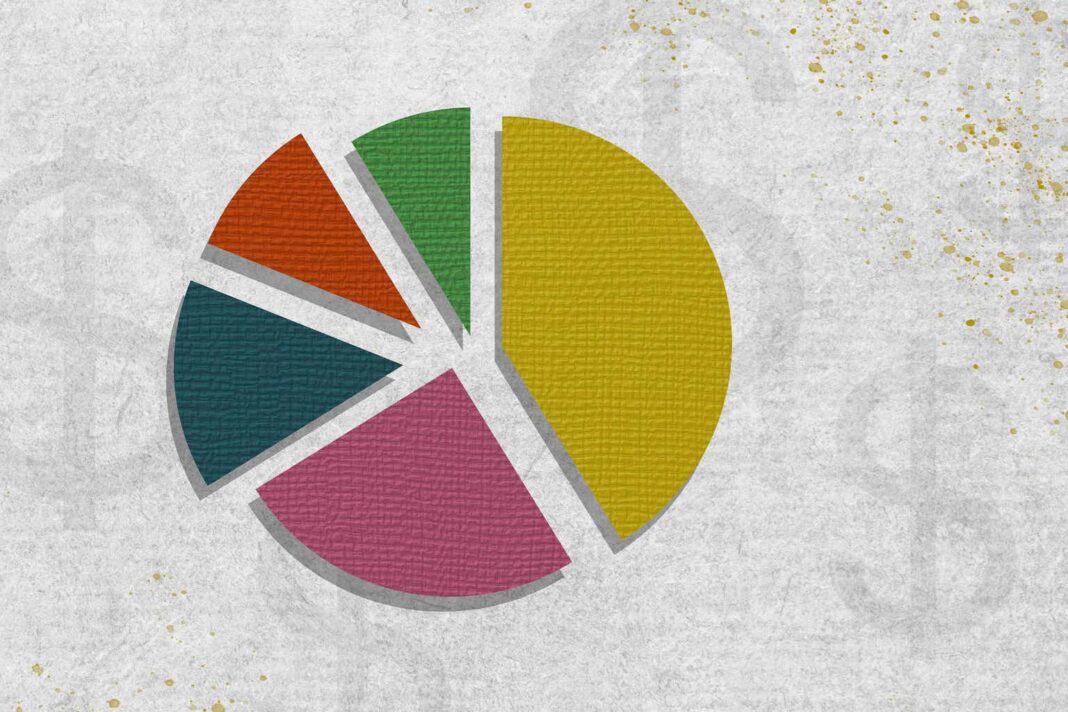When Is An Index Too Concentrated?
Introduction
An index is a tool used to track the performance of a specific group of assets or securities. It provides investors with a benchmark to compare their investment returns against. However, when an index becomes too concentrated in a few stocks or sectors, it can pose risks to investors.
What Is Concentration Risk?
Concentration risk refers to the risk associated with having a high percentage of assets or securities in a particular sector, industry, or company. When an index is too concentrated, it becomes overly dependent on the performance of a few stocks or sectors, which can lead to increased volatility and potential losses.
Signs That an Index Is Too Concentrated
There are several indicators that can help investors determine if an index is too concentrated:
- High percentage of assets in a single stock or sector
- Lack of diversification across industries or markets
- Extreme fluctuations in performance based on the performance of a few stocks
- High correlation among the components of the index
Why Concentration Can Be Risky
When an index is too concentrated, it becomes vulnerable to the performance of a few securities or sectors. If those stocks or sectors experience a downturn, the entire index may suffer significant losses. Diversification is the key to managing risk in an investment portfolio, and concentration goes against this principle.
Consequences of Concentration
Some potential consequences of investing in a concentrated index include:
- Increased volatility
- Higher potential for losses
- Limited growth opportunities
- Lack of protection against market downturns
How to Mitigate Concentration Risk
There are several ways investors can mitigate concentration risk in their portfolios:
- Diversify across sectors, industries, and asset classes
- Invest in index funds or ETFs that are well-diversified
- Regularly review and rebalance your portfolio to ensure proper diversification
- Consider using options or derivatives to hedge against concentrated positions
Conclusion
While concentration can sometimes lead to higher returns in the short term, it also brings increased risks and volatility. Investors should be cautious when investing in indices that are too concentrated and focus on building a well-diversified portfolio to manage risk effectively.
FAQs
Q: How can I determine if an index is too concentrated?
A: Look for a high percentage of assets in a single stock or sector, lack of diversification, extreme fluctuations in performance, and high correlation among the components of the index.
Q: What are the consequences of investing in a concentrated index?
A: Increased volatility, higher potential for losses, limited growth opportunities, and lack of protection against market downturns are some potential consequences.
Q: How can I mitigate concentration risk in my portfolio?
A: Diversify across sectors, industries, and asset classes, invest in well-diversified index funds or ETFs, regularly review and rebalance your portfolio, and consider using options or derivatives to hedge against concentrated positions.




